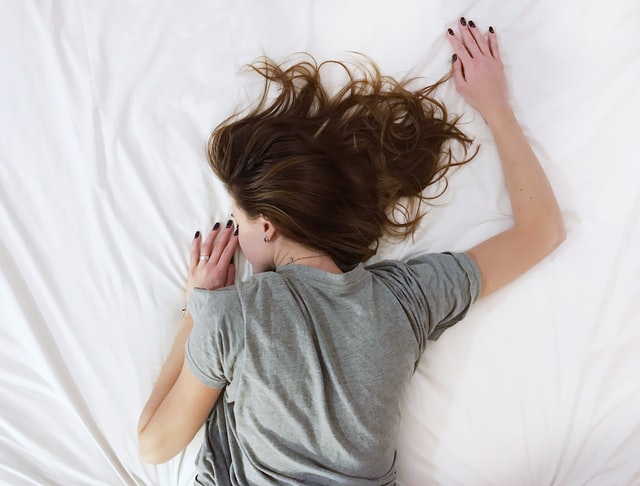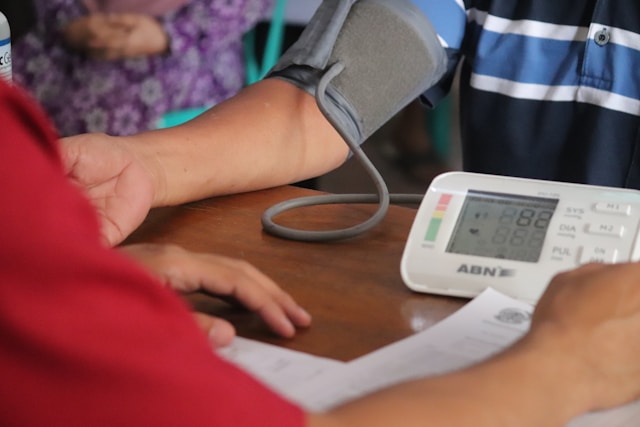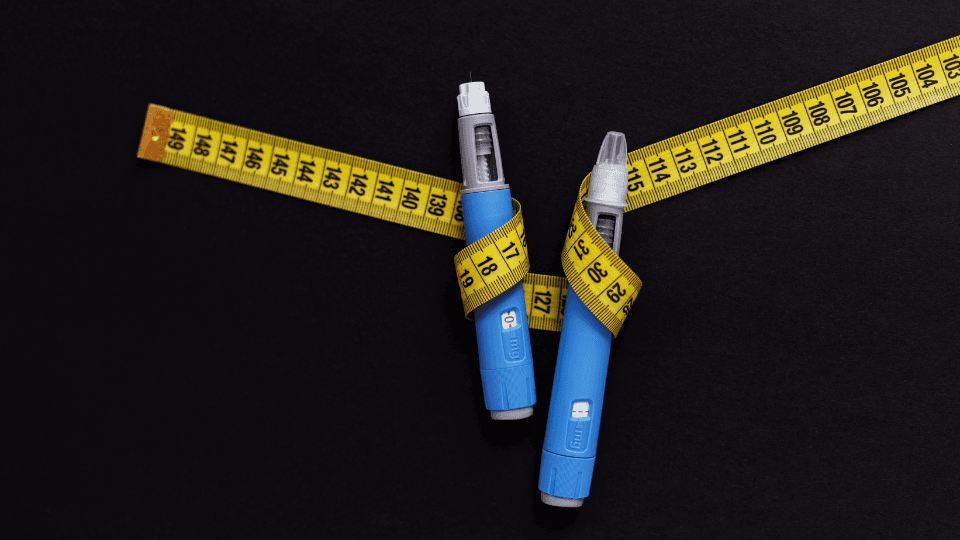Back
11 Mar 2022
Sleep like a baby, perform like a pro

Gabriella Florence | Sports Scientist
Federer is better than you at sleeping too
When asked what it takes to excel as an athlete, the first answers that come to mind might be diet, training, psychology, and supplements, while the answer of ‘sleep’ gets sent to the sideline (even though we spend almost one-third of our lives doing it!).
It is commonly believed that training and nutrition are the most important factors determining the outcome of athletic performance. At the highest level, however, most athletes are training and eating similarly meaning that sleep and recovery may actually be an even bigger differentiator. In fact, any athlete looking to score big and perform at their peak will need to make sleep an essential part of their training regimen. Believe it or not, some athletes, like Roger Federer and LeBron James, sleep for 12 hours per night, while Usain Bolt, Venus Williams, and Maria Sharapova sleep up to 10 hours per night! This may seem excessive, but a brief review on sleep, recovery, and athletic performance suggests that athletes require additional hours of sleep beyond the 7-9 hour sleep guidelines to promote recovery and training adaptations.
How poor sleep slows you down
Now that we have warmed up to the topic of sleep and athletes, it is time to dive a little deeper and tackle the current evidence. Studies have consistently shown that adequate sleep quality and quantity are associated with competitive success. On the other hand, poor sleep may cause the following hurdles for athletic performances:
Impaired endurance capacity due to increased perceived exertion and quicker times to exhaustion
Decreased peak and average power output in cycling tests
Slower average and total sprint times
Decreased strength outputs
Impaired accuracy and reaction times (a single night of sleeping for 5 hours reduced tennis serving accuracy by 53%)
Inability to retain information or reinforce new skills learned
Impaired executive functions, resulting in more mental errors during competition
Increased injury risk up to 70%
Increased susceptibility to illnesses (sleeping for 7 hours or less per night increased susceptibility to colds and flu-like symptoms 3-fold)
Sleep reboots and upgrades your system
Besides the effects on athletic performance, sleep is also important for recovery. Specifically, human growth hormone is released during sleep and is responsible for stimulating muscle growth and repair, and building and strengthening bones. To put it simply, your body and brain are still in the game even whilst you’re sleeping.
Although sleep is a necessity for human survival, it is evident that sleep quality and quantity are particularly important for athletic performances and recovery. Just as training and nutrition are considered critical to optimise athletic performance, so too should athletes focus on training to improve sleep habits.
“Don’t give up on your dreams; keep sleeping”.
References:
Sleep, recovery, and athletic performance: a brief review and recommendations












